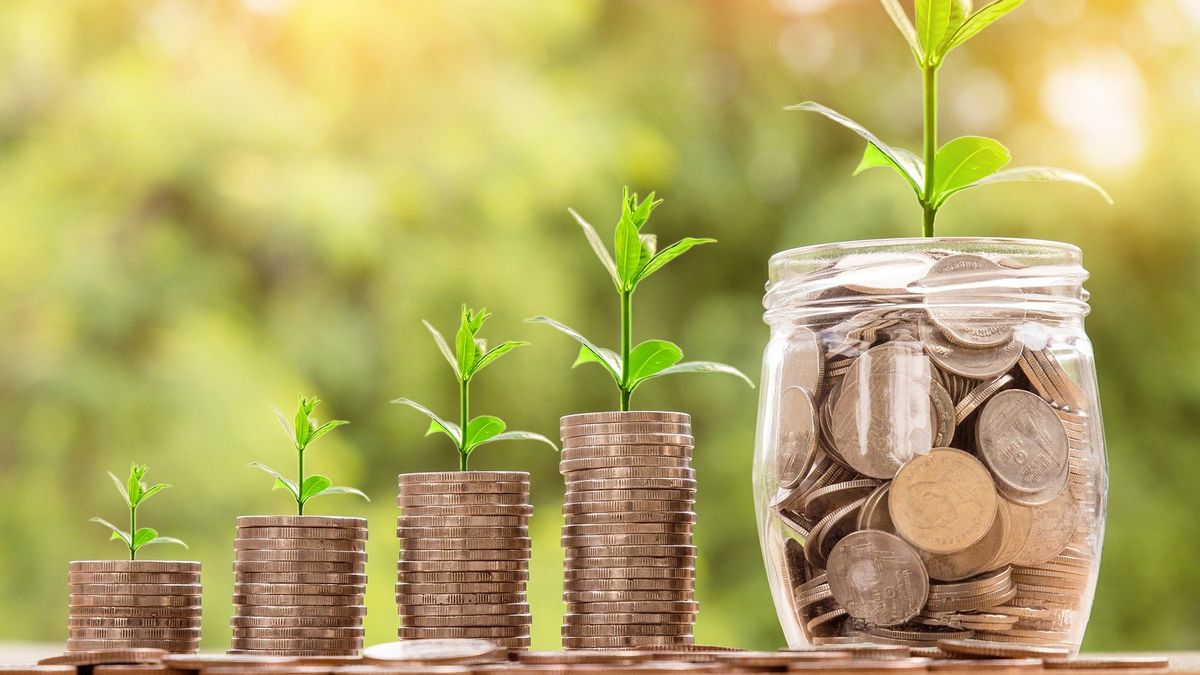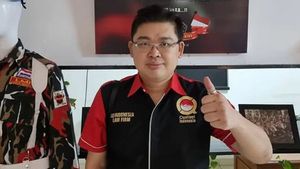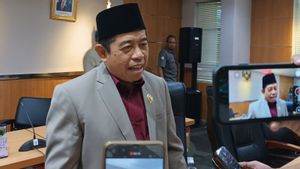JAKARTA - Referring to the Charities Aid Foundation (CAF) World Giving Index 2021, Indonesia is ranked first as the most generous country in the world. But why is the realization of cash waqf still below 10 percent?
Collected from various information, throughout 2020, Indonesia recorded a total score of 69, an increase from the previous score of 59 in 2018, when the annual Index was last published. The World Giving Index (WGI) is an annual report published by the Charities Aid Foundation, using data collected by Gallup, and ranking more than 140 countries around the world based on how generous they are in donating.
The head of the MUI for the Economic Development of the People, Lukmanul Hakim, said that the potential for Indonesian waqf should be very large. Unfortunately, from the large potential of waqf in Indonesia, the actual realization is still below 10 percent.
"The financial potential of the Islamic Social Fund in Indonesia is actually very large. The potential for cash waqf is Rp. 188 trillion. This is 480,000 hectares of land. This is huge and can increase people's purchasing power," Lukmanul Hakim said last week virtually in a Webinar on the Prospect of Waqf and Productive Waqf Build a Halal Supply Chain.
He saw that the small realization of the achievement of cash waqf was most likely due to the lack of literacy in the community. This is evident from the number of institutions in the community that are involved in cash waqf, but the realization is still small. The government already has an Indonesian Waqf Board. It has even launched the National Money Waqf Movement. Community organizations and the private sector have been working in this field for a long time.
The chairman of the MUI Waqf Institute said that one thing that the public may rarely understand is the cash waqf scheme. So far, according to him, the public's view of waqf is about buildings or land. Although there are benefits to society, it is less profitable from an economic point of view. Land and building waqf, although slightly profitable, are not flexible.
Meanwhile, cash waqf, with its flexible nature, can be used to help provide capital for many people. Kiai Lukman emphasized that what is utilized is not the principal of the cash waqf, but the returns from the management of the cash waqf. The principal value of the cash waqf will remain.
"The principal value of this cash waqf must be guaranteed for its sustainability. We at the MUI Waqf Institute often discuss how waqf is invested in the real sector or the people's economy. Maybe they are not bankable (not yet eligible for bank financing) but feasible and profitable. This can use the waqf mechanism," he explained as quoted from the official MUI website.
He added that cash waqf schemes do not always have to be included in bank schemes. Obstacles in the banking world can be overcome by overcoming these obstacles.
"Don't think that this waqf is always included in the bank scheme, it's not always like that. How about when it enters the bank scheme, the business is feasible, profitable, but not bankable, so here the non-bank cash waqf scheme is used. I think, the MUI Waqf Institution has started to move as part of the national movement," he said.
The English, Chinese, Japanese, Arabic, and French versions are automatically generated by the AI. So there may still be inaccuracies in translating, please always see Indonesian as our main language. (system supported by DigitalSiber.id)













